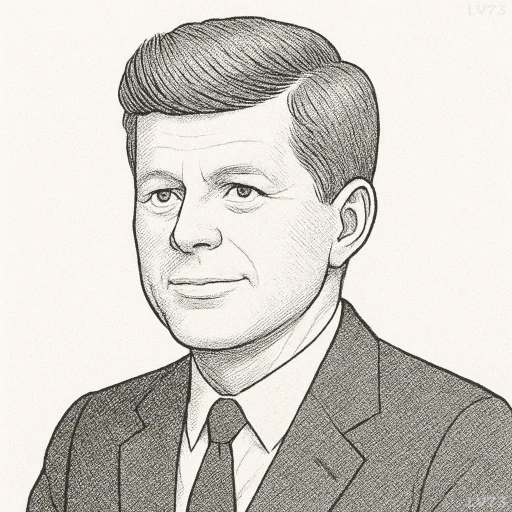“I don’t think the intelligence reports are all that hot. Some days I get more out of the New York Times.”

- May 29, 1917 – November 22, 1963
- American
- Politician
table of contents
Quote
“I don’t think the intelligence reports are all that hot. Some days I get more out of the New York Times.”
Explanation
This quote from John F. Kennedy highlights a moment of candid frustration and humor about the reliability of the intelligence reports he was receiving during his presidency. Kennedy’s remark suggests that, at times, the intelligence community’s assessments fell short of providing him with useful or timely information, leaving him to turn to other sources, like the New York Times, to stay informed. This comment reveals the difficulties and limitations of relying solely on classified intelligence in a rapidly evolving political landscape, especially during the Cold War. Despite the importance of intelligence agencies like the CIA, Kennedy’s statement implies that the information presented to him was often incomplete, unclear, or at odds with what was available in the public domain.
Kennedy’s words also serve as a subtle critique of the intelligence community, perhaps suggesting that their reports were sometimes overly cautious or not as insightful as he hoped. The remark reflects the pressures of decision-making when the information at hand is not always clear or reliable. In the context of the Cold War, when threats were often ambiguous and rapidly changing, leaders like Kennedy had to make high-stakes decisions based on imperfect or incomplete intelligence.
In today’s world, where information is both abundant and often contradictory, Kennedy’s comment remains relevant as a reminder that no source of information—whether intelligence agencies, media outlets, or political institutions—can provide the full picture on its own. The quote touches on the importance of critical thinking and independent analysis in making decisions, and underscores the complexity of leadership in an era where information flows constantly but may not always be trustworthy. It also hints at the need for leaders to balance official reports with a broader range of perspectives, including public discourse and investigative journalism.
Would you like to share your impressions or related stories about this quote in the comments section?




